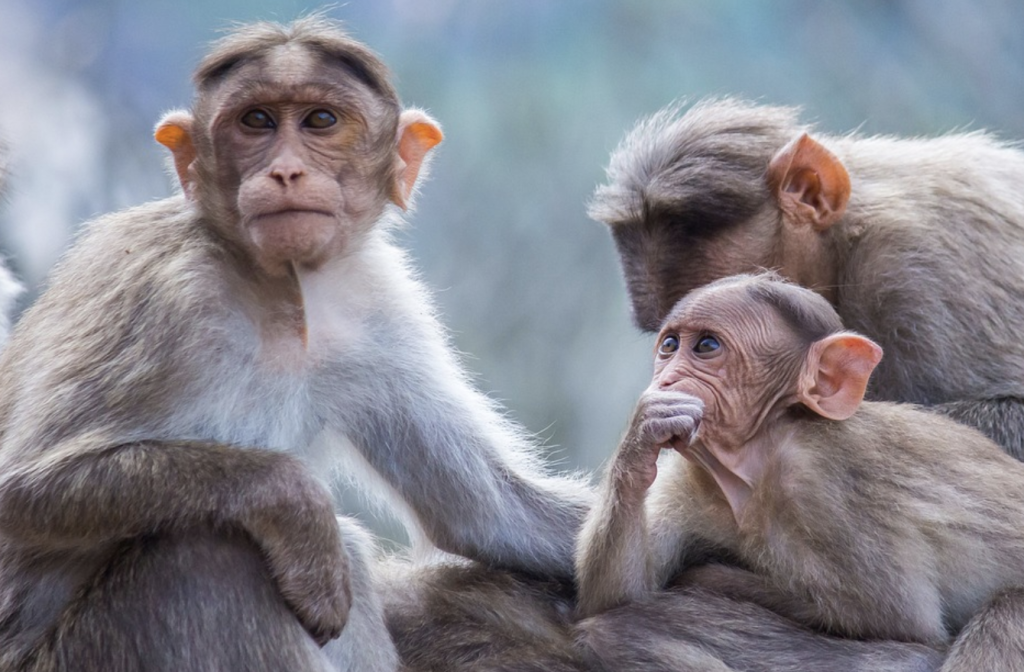Multiple Retailers Halt Coconut Milk Sales Due To Monkey Labor Allegations
Retailers like Walmart, Target, and food-subscription company Hello Fresh have pulled Thai-sourced coconut milk from their product offerings after harrowing evidence came to light that depicted the use of inhumane monkey labor at facilities across the country.
This article is more than 2 years old

The production of Coconut milk has become widely scrutinized thanks to a report published by PETA last November. They called into question the horrendous animal cruelty practices that are utilized in Thailand for manufacturers to meet the rising demand. Now multiple retailers have taken notice of the issue and have pulled their sourcing away from Thailand because of the cruelty depicted by PETA regarding farmers’ use of monkeys for labor.
According to The Byte, “HelloFresh is now following suit behind Walmart, Target, and other major retailers in halting its Thai coconut milk sourcing after the animal rights group alleged that most, if not all, of the coconut milk operations in the Southeast Asian country, use monkey labor.” The details of the abuse were extremely disturbing as they depicted the brutal treatment of a monkey slave labor force. The coconut milk farms would work these monkeys for days on end without any rest, chained up, with little to no food or water being provided.
Once the monkey reached the limitations and died on the production line, they would scoop up the carcass and toss it over the property fence to rot away. The exposé contained photos and in-depth descriptions of the abuses that the monkeys were forced to endure until they just die and are immediately replaced by the next monkey so that the production never stops. This cheap animal slave labor allows the farmers to maximize their profits, and in their lust for money, they look past such animal atrocities that they are committing.
Back in December, the Thailand government started producing monkey labor-free certificates for farmers that do not utilize this practice in hopes to offset the bad publicity and potential lost revenue because of PETA’s report. However, the stain of this scandal is going to have long-term financial consequences for the country that is the leading producer of coconut milk in the world. The real power for facilitating change comes from the retailers and when they pull their business away from an entire country because of public outrage then that’s when it forces the hand of the manufacturer to make changes in the hopes of earning their business again in the future.
PETA has been on the front lines of this issue for years, urging retailers to stop buying coconut milk from Thailand because of alleged abuses towards monkeys. But it wasn’t until the November exposé full of photographs, and evidence of the practices became public that the retailers finally began to listen. We also need to look at the retailers’ due diligence about being quasi-responsible for how the products that they put on their shelves are manufactured.
This would be a widely debated topic among business pundits as to what level of responsibility a retailer must ensure that the products they sell are not manufactured by nefarious means. This has been a raging debate in the diamond industry for the last few decades, highlighted by the 2006 Leonardo DiCaprio film, Blood Diamond. The number of monkeys that have suffered because of these practices is unknown, but this decision to pull their sourcing from Thailand by major retailers might be a little late but as they say better late than never.



